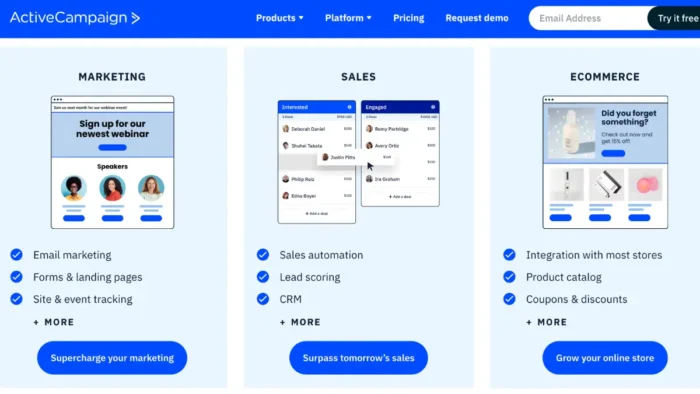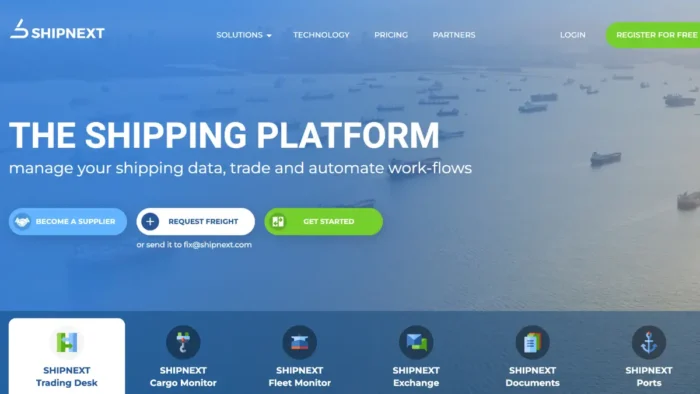Today, where time is a precious commodity, and customer expectations are continually rising, the need for streamlined operations has never been more critical. Appointment management systems (AMS) have risen to the forefront as a vital solution in addressing these challenges. These systems promise a more efficient operational workflow and aim to enhance the overall customer experience by revolutionizing how appointments are scheduled, managed, and tracked.
This article provides an in-depth exploration of AMS, dissecting its features, benefits, and overall impact on your business. Also, whether these systems represent a wise investment in the current and future business landscape.
Understanding Appointment Management Systems
Appointment management systems are much more than scheduling tools. They represent a technological advancement that is transforming how your business interacts with its clients.
By integrating cutting-edge features like online booking, these systems facilitate 24/7 appointment scheduling, exceeding the limitations of traditional office hours. Automated reminders serve as a bridge, improving communication and reducing no-shows.
With calendar integration, they seamlessly sync with existing workflows, ensuring optimal resource utilization. The customer management aspect stores client data and improves experiences while fostering loyalty.
These systems are widely adopted across diverse sectors, such as healthcare, beauty, education, and professional services. They are vital in modernizing service delivery and adapting to various industry needs. Many niche vertical SAAS solutions, such as SalonBiz Software, are going all out to integrate AMS within their suite of products.
Key Features
- Online Booking: Allows customers to book appointments at their convenience.
- Automated Reminders: Reduces no-shows by sending out reminders to customers.
- Calendar Integration: Ensures efficient time management by integrating with personal and professional calendars.
- Customer Management: Helps maintain customer profiles and preferences.
Advantages of AMS
Appointment management systems have obvious advantages for small, medium, and large businesses. Here are these advantages:
Enhanced Customer Experience
AMS elevates the customer experience by introducing an element of empowerment. Customers gain control over their schedule, selecting appointment times that best fit their lifestyle, thus reducing frustration and wait times.
This user-centric approach, combined with the convenience of booking beyond traditional hours, not only simplifies the process but also promotes a sense of value and respect toward customers’ time, enabling a deeper connection and loyalty towards the service provider.
Improved Operational Efficiency
You can significantly reduce administrative overhead by eliminating manual booking tasks freeing staff to concentrate on higher-value activities such as customer service and strategic planning.
This shift not only simplifies operations but also improves the overall productivity and effectiveness of the company, leading to a more agile and responsive business model.
Decreased No-Shows
Automated reminders from AMS act as proactive engagement tools, gently encouraging customers about upcoming commitments. This timely communication minimizes the incidence of no-shows and strengthens the customer’s sense of responsibility towards their appointments.
By reducing schedule gaps caused by missed appointments, you can maintain a more consistent and predictable flow of operations, optimizing your service delivery and financial performance.

Better Time Management
The real-time capabilities of AMS enable dynamic time management, adapting instantly to schedule changes.
This flexibility allows you to maximize your available time slots, ensuring a more balanced and efficient allocation of resources. The result is better operations where time is optimized, not just managed, enhancing staff productivity and customer service quality.
Data Insights and Reporting
The analytics aspect of AMS transforms raw data into actionable insights, offering a strategic lens through which you can view and understand customer behaviors, booking patterns, and service demand.
These insights will help you make informed decisions, from adjusting your marketing strategies to optimizing staff allocation and, in such a way, achieving continuous improvement in service offerings and operational efficiency.
This data-driven approach helps you stay ahead in a competitive market by adapting swiftly to emerging trends and customer needs.
Cost-Benefit Analysis
The cost-benefit analysis of investing in an AMS extends beyond the initial financial outlay and maintenance expenses. Considering the long-term gains, such as heightened operational efficiency, which translates into reduced labor costs and time savings, is crucial.
The reduction in no-shows, facilitated by automated reminders, directly impacts revenue positively by maximizing appointment fulfillment. Furthermore, the boost in customer satisfaction and loyalty from an improved booking experience often leads to increased repeat business and referrals.
These factors collectively contribute to a more strong bottom line. Additionally, the data insights AMS provides can guide your strategic decisions, potentially opening new revenue streams and improving service quality, further enhancing the return on investment.
The Future of AMS
As we look toward the future, the AMS landscape is ready for transformative changes, primarily driven by AI and machine learning advancements.
- Predictive Scheduling: This innovative feature will use the power of AI to analyze vast amounts of data, including past booking patterns, seasonal trends, and individual customer preferences. The goal is to predict and recommend the most suitable appointment times, optimizing schedules for the business and the customer. This predictive ability could significantly improve operational efficiency and customer satisfaction.
- Improved Personalization: The future AMS will offer a more customized experience by using customer data more effectively. Beyond remembering client preferences, these systems could suggest services, anticipate needs based on past interactions, and offer personalized promotions. This level of personalization could deepen customer relationships, making each interaction feel unique and valued, thus fostering greater loyalty and engagement.
Conclusion
AMS represents a significant investment for your business. But, when you consider the various benefits they offer regarding operational efficiency, customer satisfaction, and data insights, it becomes evident that they are a worthwhile investment.
As technology continues to evolve, the capabilities and advantages of these systems are only set to increase, making them an indispensable tool for modern companies.





